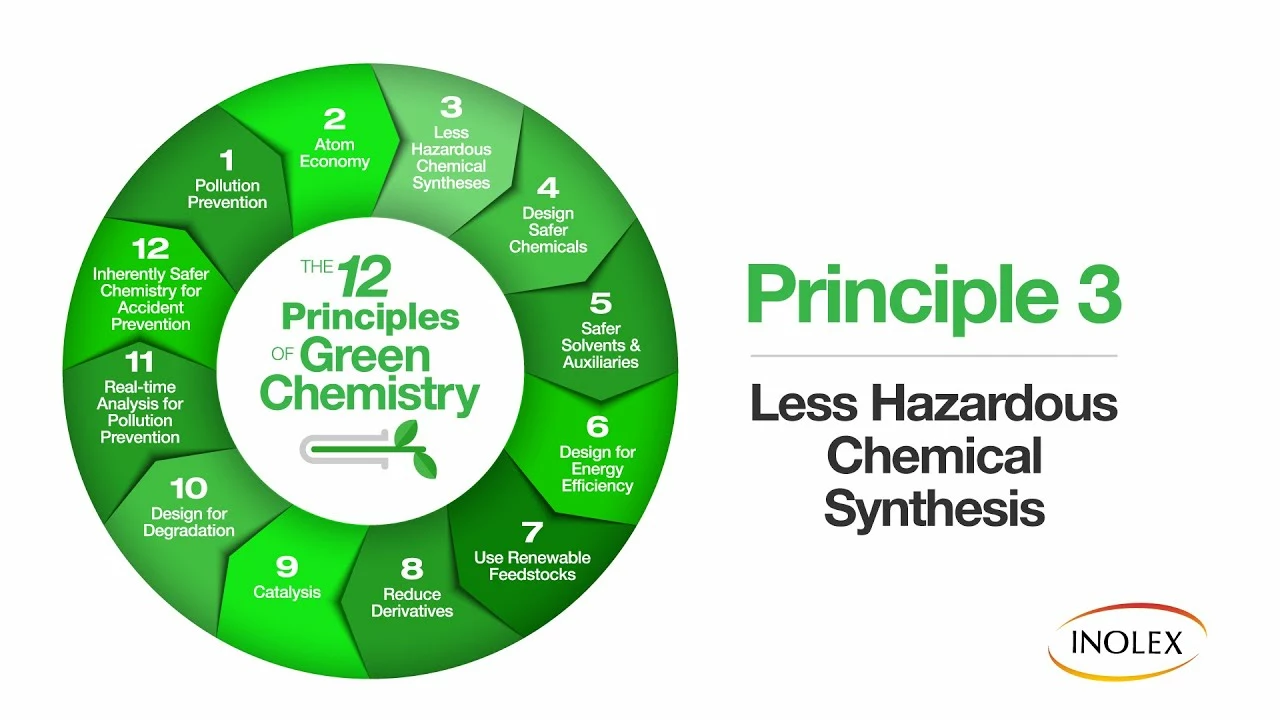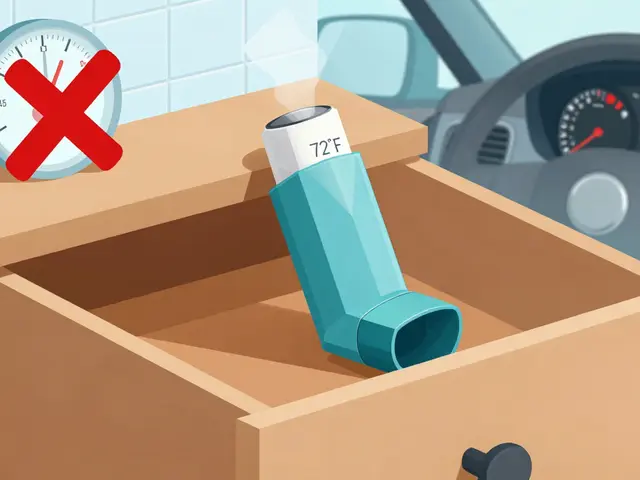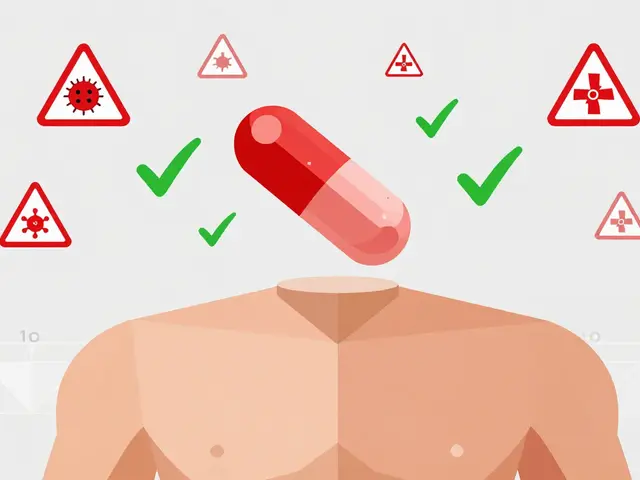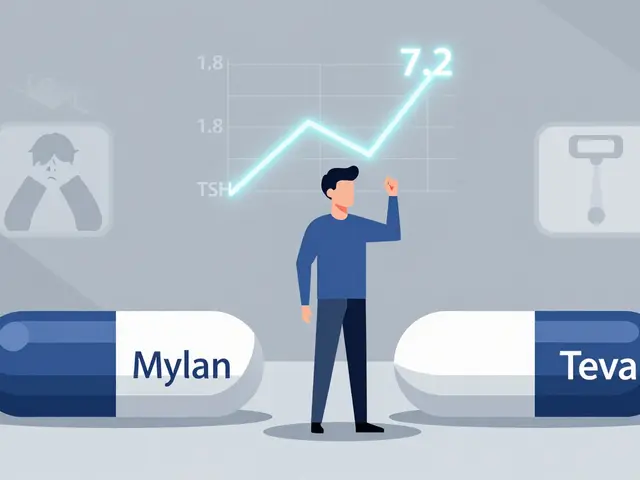Environmental impact of medicines and how you can help
Did you know traces of common drugs — painkillers, antibiotics, hormones — show up in rivers and drinking water? That happens because meds are produced, packaged, used, and thrown away in ways that leak chemicals into the environment. You don’t need to be an activist to reduce that harm. Simple choices at home and when you buy medicine make a real difference.
Pharmaceuticals hit the environment in three big ways: manufacturing emissions and waste, packaging and shipping, and leftover drugs that get flushed or tossed. Factories can release active ingredients into local waterways if waste isn’t handled properly. Shipping and excess packaging add carbon and plastic. When people flush pills or throw them in the trash, pills can enter soil and water or end up in landfill leachate. Some drugs also encourage antibiotic resistance in waterways — that’s a public health issue as much as an environmental one.
Smart actions you can take today
You have options that cut pollution without much fuss. First, never flush medication unless the FDA specifically says to. Instead, use pharmacy take-back programs or community collection events. Many pharmacies and police stations host permanent drop boxes — ask locally if you don’t see one.
- Return unused meds to a take-back box or a pharmacy program.
- Ask your pharmacist about medicine disposal kits if a take-back isn’t available.
- Only buy what you need — avoid large refills that sit unused.
- Choose smaller, recyclable packaging when possible or request no extra boxes for mail orders.
Buying matters too. Generic medicines often have the same active ingredients with simpler packaging and lower resource use. If you order online, pick pharmacies that disclose sustainable practices — look for clear returns, minimal plastic, and consolidated shipping options so you reduce trips and packages.
What to ask your doctor and pharmacist
Talk to your prescriber about medication reviews. Could you try a lower dose, a single daily pill, or non-drug options where safe? Ask the pharmacist about local take-back points and whether your pharmacy participates in environmentally friendly programs. If you use inhalers, ask whether a low-global-warming-potential option is appropriate; some inhaler types have much higher climate impact than others.
Small changes add up. Returning unused meds, choosing simpler packaging, and asking practical questions at the pharmacy cut pollution and protect water, wildlife, and communities. You don’t have to overhaul your life — just take one smart step the next time you get a prescription or clean out your cabinet.
Doxepin is a common antidepressant, but making it isn't as clean as many people think. The process can leave behind chemical waste, pollute water, and contribute to greenhouse gas emissions. Understanding the impacts helps people make smarter choices about medication use and disposal. This article breaks down where the problems show up and what can be done to lower the footprint. There's more going on behind the scenes of that little pill than most imagine.
Continue reading...
As a concerned environmentalist, I recently took a closer look at the environmental impact of dimethyl fumarate, a chemical commonly used as a biocide and fungicide. I discovered that this substance poses significant risks to aquatic organisms, especially algae and invertebrates, due to its high toxicity levels. Moreover, it has been found to be a potential endocrine disruptor, which can lead to severe ecological consequences. Thankfully, several countries have imposed bans or restrictions on its use, but I believe it's important to continue raising awareness about its harmful effects. Let's work together to prioritize environmentally friendly alternatives and reduce the negative impact of chemicals like dimethyl fumarate on our precious ecosystems.
Continue reading...







